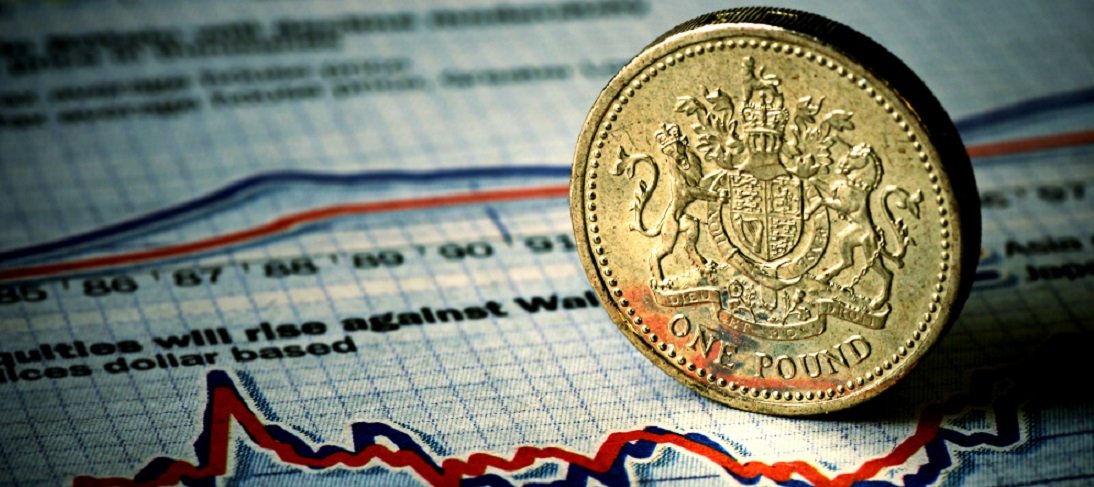European markets opened sharply lower this morning, with the FTSE 100 index plunging by over 8 per cent and particular pressure on banking stocks with investors worried about financial stability. Sterling – which can be traded at any time – crashed by a massive 11 per cent against the dollar overnight to its lowest level since the mid-80s as the news sunk in that yesterday’s market presumption of a Remain vote was wrong, with the pound’s overnight gyrations twice as extreme as those that followed Black Wednesday in 1992. The euro, too, took a hammering.
With London and New York closed as the results came in, it was Japanese markets that took the real-time brunt of the unfolding results. The leading Nikkei index fell by over 8 per cent, with a brief suspension of trading at one point.
The focus of the stock market authorities will be to try and ensure that the market is able to find its new, lower, level in an orderly way; expect restrictions on trading if volatility becomes too extreme. Meanwhile, the regulators – the Financial Conduct Authority, the Bank of England and the Treasury – will enact plans to try and reassure the markets that there will be enough cash in the system to support financial stability. Their aim is not only to prevent panic withdrawals by the public but also to prevent multinational companies from repatriating assets to their home countries thinking the UK is too risky.

